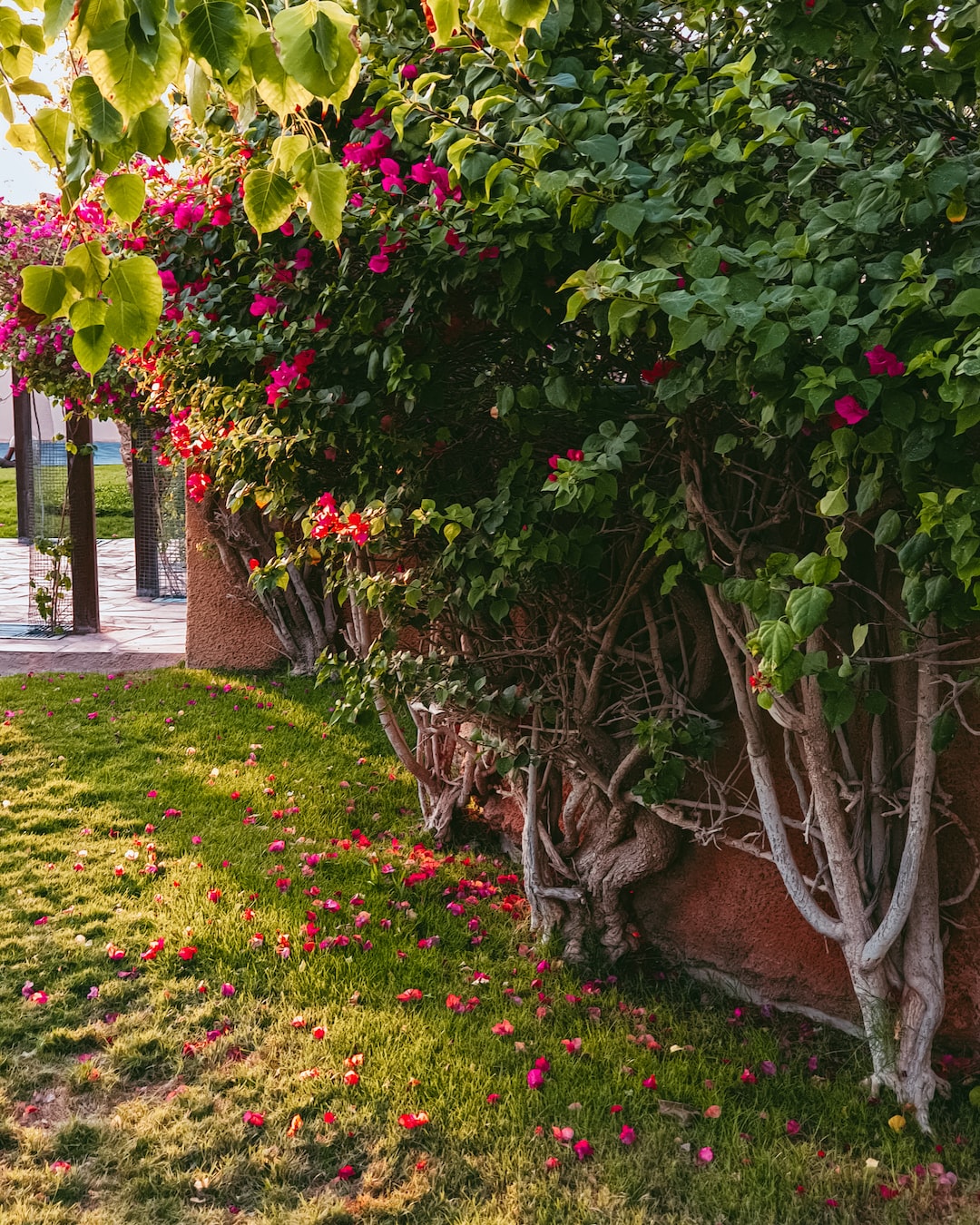Sustainable Gardening: Ideas for Reducing Water Consumption
In an era of increasing environmental awareness, it is crucial to find innovative ways to reduce water consumption within our daily lives. One area where we can make a significant impact is in our gardens. By adopting sustainable gardening practices, we not only conserve water but also promote the overall health of our plants and the environment. In this blog post, we will explore some ideas for reducing water consumption in your garden.
1. Water-efficient plants:
Choosing water-efficient plants that are well-suited to your region’s climate is the first step towards sustainable gardening. Native plants, in particular, are adapted to local conditions and require less water to thrive. When selecting plants for your garden, consider drought-tolerant options such as lavender, yarrow, and succulents. By incorporating these water-wise plants into your landscape, you can significantly reduce your water usage.
2. Mulching:
Mulching is a simple yet effective technique for conserving water in your garden. By applying a layer of organic mulch like wood chips, straw, or leaves around your plants, you create a protective barrier that keeps moisture from evaporating, inhibits weed growth, and moderates soil temperature. Mulching also enhances soil structure and prevents erosion, which further contributes to the health and vitality of your garden.
3. Watering wisely:
Watering your garden in the early morning or late afternoon is crucial for minimizing water loss due to evaporation. Additionally, it is essential to water deeply and infrequently rather than shallowly and frequently. This encourages plants to develop deeper roots, making them more resilient to drought conditions. Avoid overhead watering methods such as sprinklers, which can result in significant water wastage through evaporation and runoff. Instead, consider using drip irrigation or a soaker hose to deliver water directly to the plant roots, ensuring maximum efficiency.
4. Rainwater harvesting:
Collecting rainwater is an excellent way to reduce your reliance on municipal water sources and lower your water bills. Install rain barrels or cisterns to capture rainwater runoff from your roof. This water can then be used for irrigating your garden during dry spells. By utilizing this sustainable practice, you not only conserve water but also minimize stormwater runoff, which can contribute to pollution in rivers and streams.
5. Incorporating water-saving features:
Another innovative way to reduce water consumption in your garden is by incorporating water-saving features. Consider installing a rain garden, which is a sunken area designed to collect rainwater and allow it to naturally infiltrate the ground. Rain gardens not only help reduce water runoff and flooding but also provide a habitat for wildlife. Additionally, you can integrate water-efficient irrigation systems like smart controllers, which adjust watering schedules based on weather conditions and plant needs. These features not only conserve water but also make your garden more sustainable and eco-friendly.
6. Composting:
Composting is not only beneficial for enriching soil health but also for water conservation. By incorporating organic matter into your garden soil, you improve its water-holding capacity, reducing the need for frequent watering. Compost acts as a sponge, absorbing and releasing water slowly, ensuring that plants receive adequate moisture while minimizing water wastage.
In conclusion, sustainable gardening practices offer a multitude of benefits, including reduced water consumption, healthier plants, and a positive impact on the environment. By choosing water-efficient plants, mulching, watering wisely, harvesting rainwater, incorporating water-saving features, and composting, we can make significant strides towards conserving water in our gardens. Remember, every drop saved is a drop that can be put to better use elsewhere, so let’s embrace sustainable gardening and play our part in creating a water-wise future.

